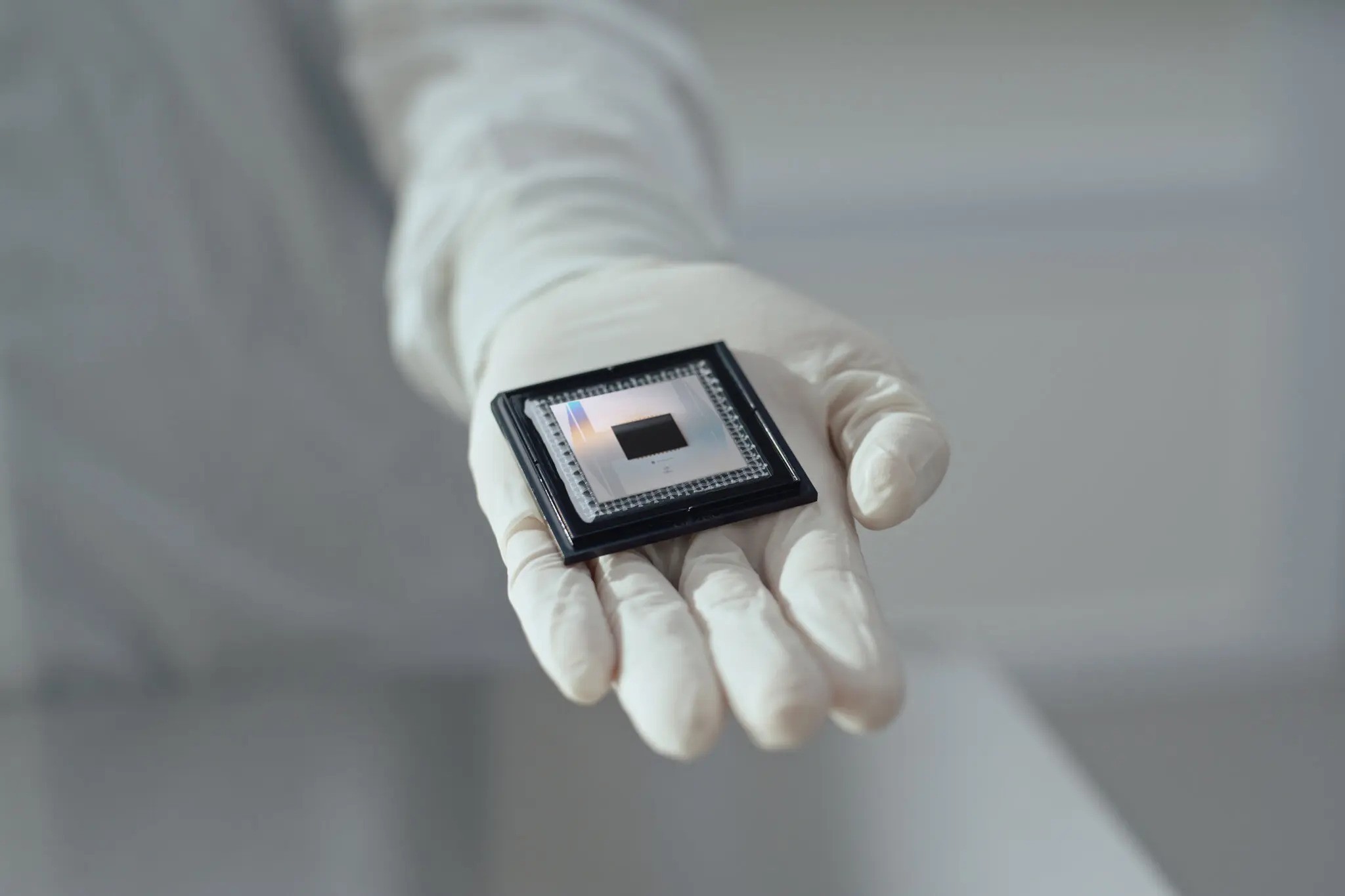Google’s latest breakthrough in quantum computing, the Willow chip, is reigniting discussions among the scientific community about the possibility of parallel universes.
Hartmut Neven, the founder and lead of Google Quantum AI, stated this week that Willow’s extraordinary performance—capable of performing in minutes tasks that would take supercomputers billions of years—could be explained by the concept of parallel universes.
“The performance of the Willow chip was so phenomenally fast that it had to have ‘borrowed’ the computation from parallel universes,” Neven said in a blog post on Google’s website.
The idea that parallel universes may play a role in quantum computing isn’t new, but Neven’s statement marked the first time a major tech executive linked his company’s achievements to the multiverse theory.
According to Neven, the chip performed a computational task that would take one of today’s fastest supercomputers 10 septillion years in under five minutes. “This mind-boggling number exceeds known timescales in physics and vastly exceeds the age of the universe,” Neven wrote.
Neven even suggested that Willow’s extraordinary performance “lends credence to the notion that quantum computation occurs in many parallel universes, in line with the idea that we live in a multiverse,” a concept first proposed by physicist David Deutsch.
Alphabet
Tech companies are racing to develop quantum computers that can solve complex problems far beyond the reach of traditional computers. Unlike digital computers that use 0s and 1s, quantum computers use qubits, which operate under the principles of quantum mechanics to process information at much higher speeds.
Qubits can be 0, 1 or both at once, and they also use quantum entanglement—a link between particles that remain connected regardless of distance.
Beyond speed, Willow addresses a major challenge in quantum computing: error correction. Quantum systems are prone to errors because qubits are fragile and can be disturbed by even the smallest environmental changes. Traditionally, adding more qubits increases the likelihood of errors. But Google says Willow’s design addresses this problem.
“Today, we published results showing that the more qubits we use in Willow, the more we reduce errors and the more quantum the system becomes,” Neven wrote in a Google blog post. “This is the most convincing prototype for a scalable logical qubit built to date.”
Skeptics, however, argue the claim is speculative. Critics have pointed out that the random circuit sampling task Willow completed is not a “useful” computation but rather a benchmark designed to demonstrate quantum speed.
“The particular calculation in question is to produce a random distribution. The result of this calculation has no practical use,” said physicist Sabine Hossenfelder in a post on X discussing Google’s announcement.
She also noted that Google’s similar 2019 quantum supremacy claim was challenged by IBM, which later demonstrated that a conventional computer could perform the same task under specific conditions.
However, the theory has found traction among some scientists and enthusiasts who see it as a plausible extension of quantum mechanics’ “many-worlds interpretation,” a theory that posits every possible outcome of a quantum event happens in a separate, parallel universe.
Regardless of the multiverse debate, Willow’s success puts Google at the forefront of the race for quantum supremacy. Soon after the announcement, Google stock jumped more than 5 percent, having an immediate impact in this world.
Google stated that quantum computing has “promising applications in many fields,” from discovering new drugs and accelerating progress on new energy alternatives to cybersecurity. Companies like IBM, Amazon and Microsoft are also players in the emerging market.

